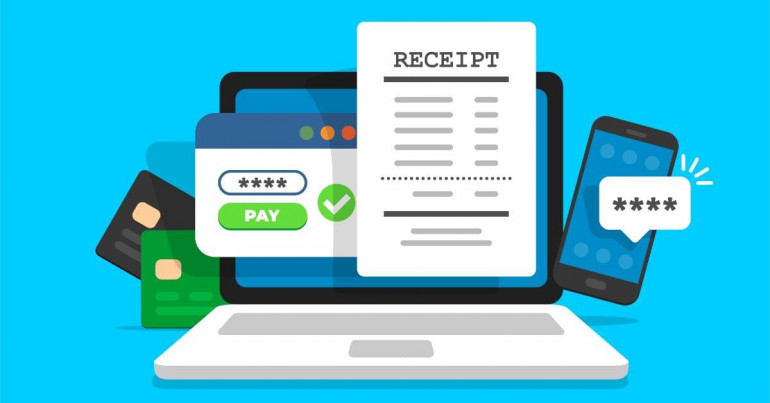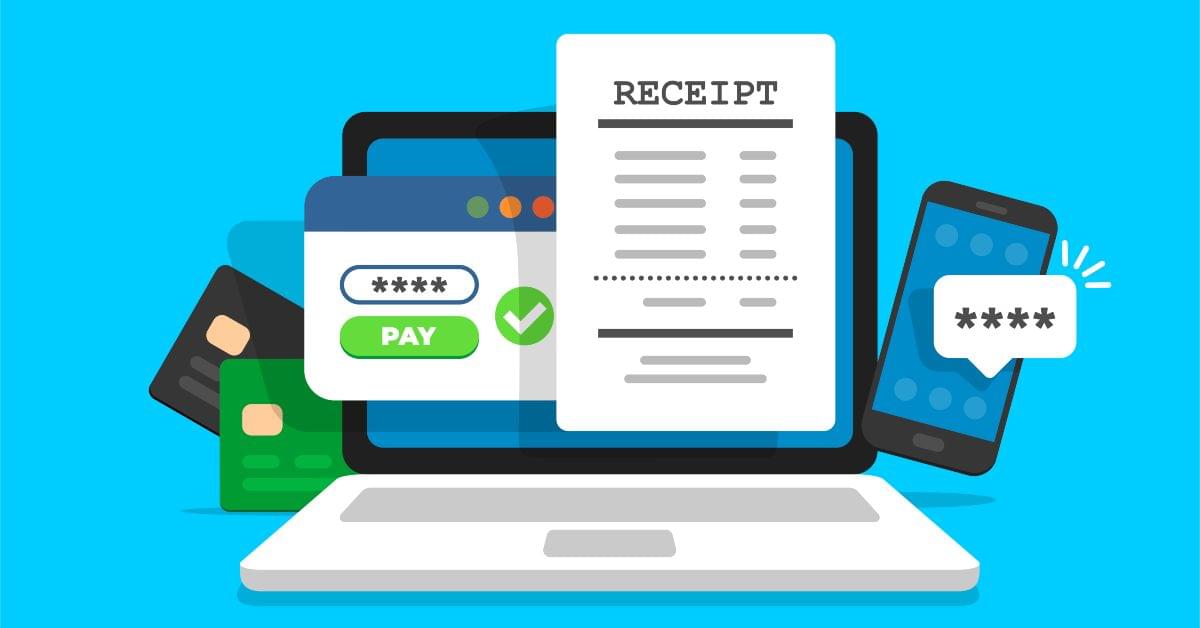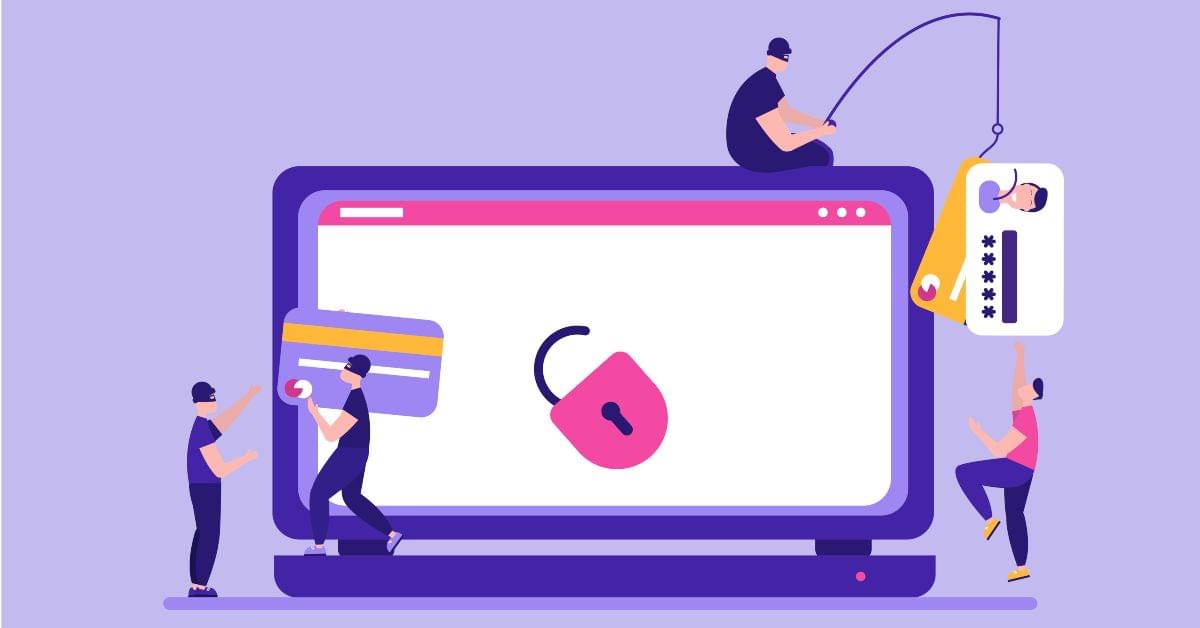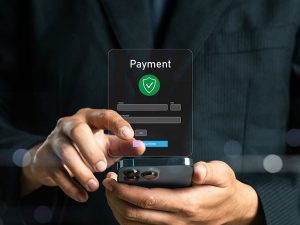
Whether you’re making small purchases such as clothes and household items, paying employee wages or even purchasing property, there are many reasons to be making online payments. It’s important to ensure you have payment security to best protect your money. In this article, we look at both national and international online payment security, and how you can ensure your money is safe.

How to ensure digital payments security
Before making any online payment, you need to be sure the website where you’re making the payment or money transfer is secure. Sometimes you can be taken away from the main website to a separately hosted website to make the transfer, so ensure this one is safe before entering any card details.
The key things to check a website is secure before transferring money include:
- Padlock symbol. There should be a padlock symbol in the address bar.
- Valid certification. If you click on the padlock, it should tell you ‘connection is secure’ click on here to see details about the certification, what is secure and if the certificate is valid.
- https://. In front of the URL, there should be https (not http), the ‘s’ stands for secure (you may have to click on the URL for the https status to show).
Here’s an example of all three of these points showing on CurrencyTransfer:

In addition to the above, there are a few other precautions you can take to ensure online payments security:
- Use strong passwords and keep them secure. Password manager tools such as Keeper Security work great to safely store passwords, and password generators should be used to prevent your password from easily being guessed.
- Don’t use public WiFi. Never make online payments using public WiFi as this isn’t always secure, your personal connection or home WiFi is far safer.
- Use a credit card or PayPal where possible. If you’re making a purchase, using a credit card or PayPal offers more protection, although this isn’t possible if you’re making a money transfer rather than a purchase.
- Keep antivirus software up to date. It’s always a good idea to keep antivirus software up to date on your devices as an extra precaution.
- Be aware of website pharming scams. This is where scammers essentially copy the website, so it looks like the site you usually use, but this way they can capture your card or online banking details. To spot these, look out for unusual URLs, such as wrong spellings or random numbers.
International online payment security
Transferring money or making payments online internationally can increase the risk factor and also brings more things to look out for to keep the payment secure.
The main thing when making an international payment is ensuring your money is safe. If you’re using a UK bank account to transfer from, the money is protected in case the bank goes under. However, banks do not always offer the best exchange rates and costs, so if you choose to use a third-party platform to transfer money, ensure that your money is protected in the same way in case the company is to go under before your transaction is complete.
Look out for FCA Authorised companies. Like banks, these companies keep customer money separate from their own funds, safeguarding it against bankruptcy or other issues.
Other additional steps to take for secure international payments:
- Ensure passwords and usernames are kept safe. It’s also advised to enable Two-Factor Authentication (2FA) to prevent fraud.
- Be aware of spam emails.
- Ensure only you and authorised parties have access to identification documentation, such as passports and photo IDs.
- Avoid public or unsecure networks.
- Use antivirus software.

Why it’s important to ensure payments are secure
It’s important to ensure payments are secure to protect your money and prevent fraud from taking place. If you don’t take the necessary precautions when making online payments and end up getting scammed, there is no guarantee you will be able to get that money back. For example, if the money arrives at the intended recipient/bank account (even if it is a scammer), it isn’t always possible for banks to get that money back. Prevention is always best.
What to do if you have been scammed
If you do get scammed with an online payment, the first thing you should do is contact your bank immediately. They can then get to work locating the money, investigating the transaction and if possible, returning the money. The sooner the bank can start investigating, the more chance they have of retrieving the money. You may also be able to contact Citizens Advice for support if you need it.
Why use CurrencyTransfer?
We’ve established how important it is to make secure international payments, and that’s exactly what CurrencyTransfer is offering. Our global payments network only uses top-tier FCA authorised payment institutions, meaning we can provide a secure platform for your online payments.
Find out more information in our FAQ section, or contact us today to get started with your secure international payments.
Related content
- International business payments: your complete guide
Find out about the various different types of international business payments, including what you need to make an international payment, how long they take and how to make one. - How to stay safe when transferring money online
Find out about the different ways to transfer money online and discover which is the best option for you.
Florence Couëdel
Editor



